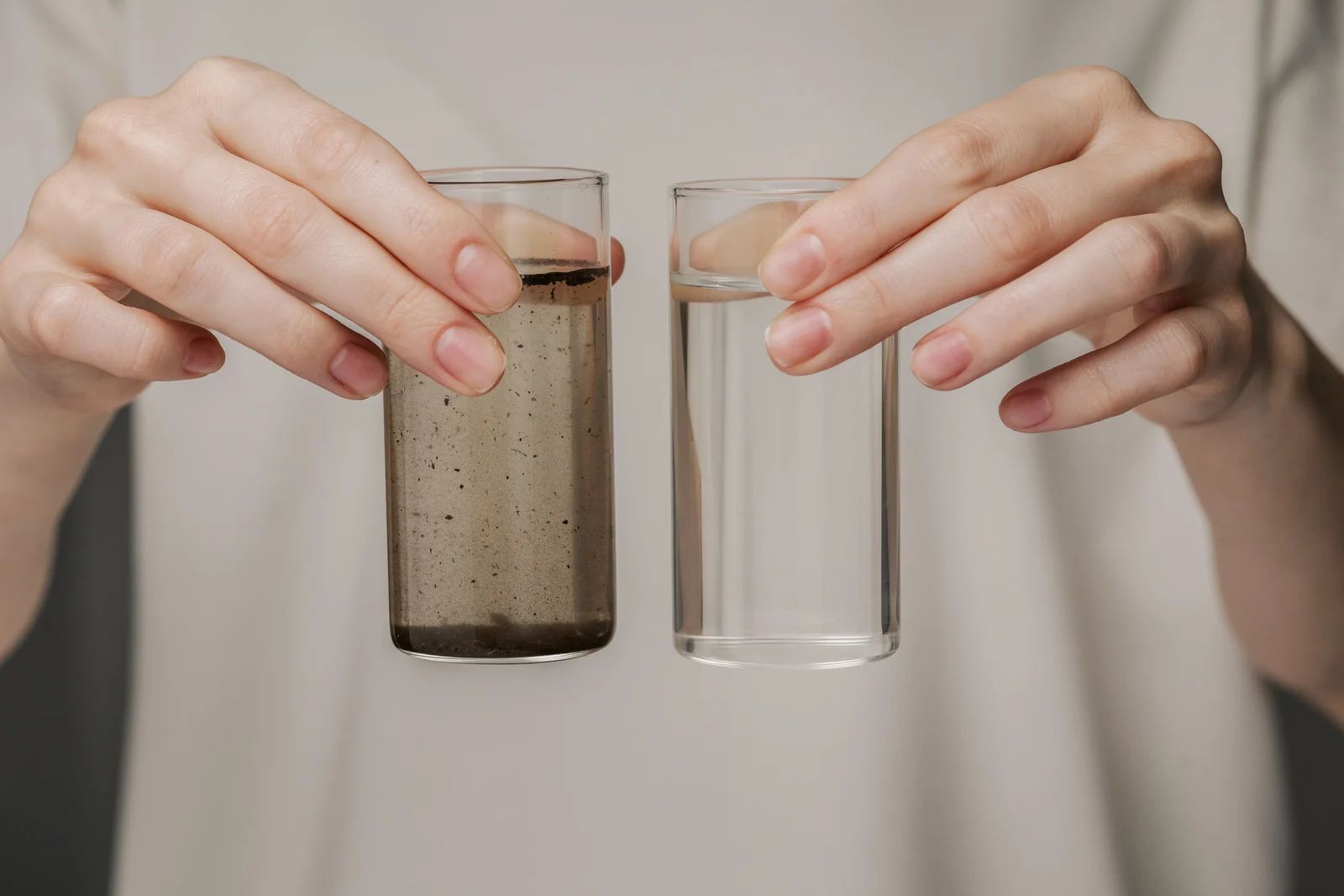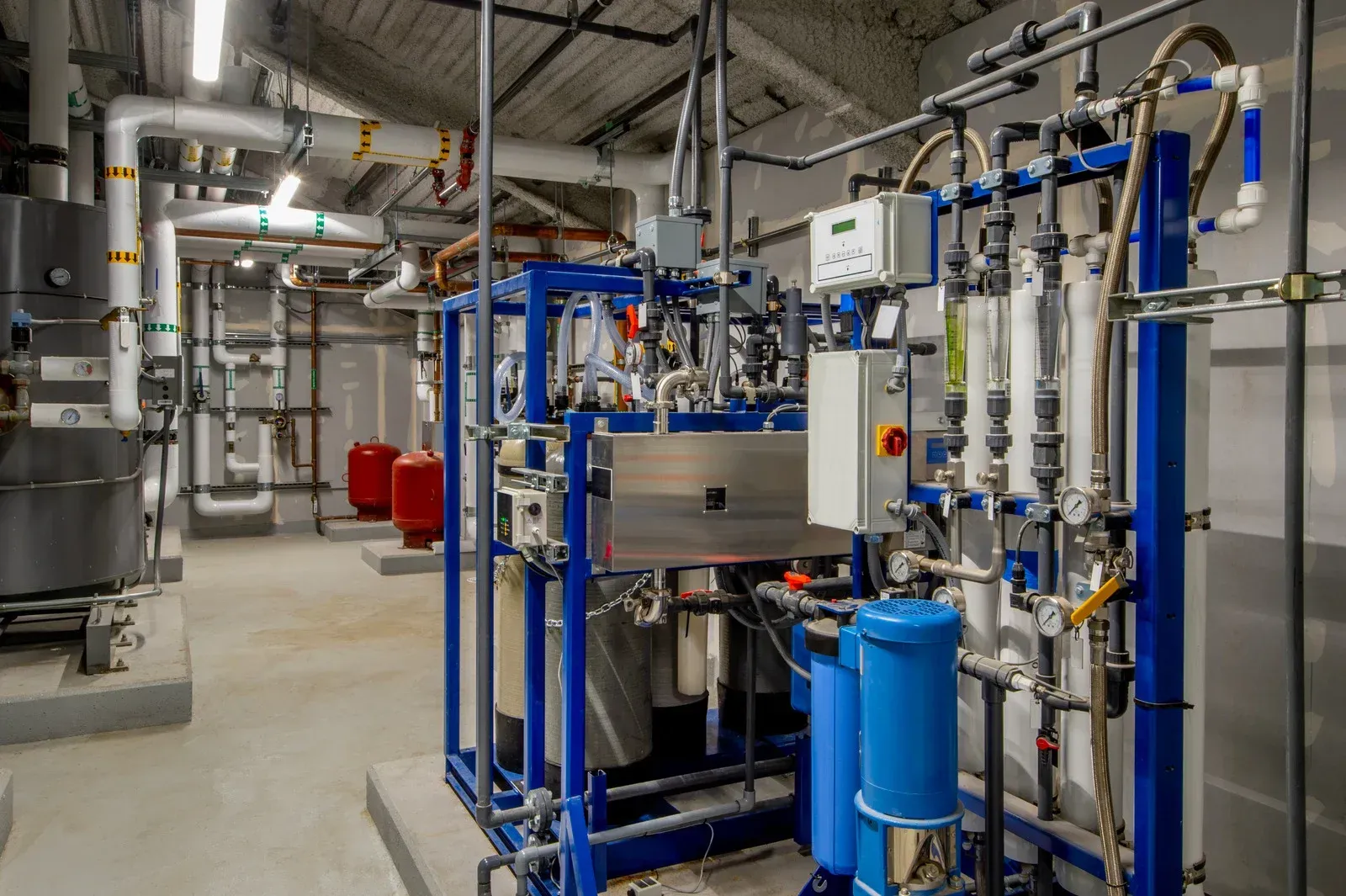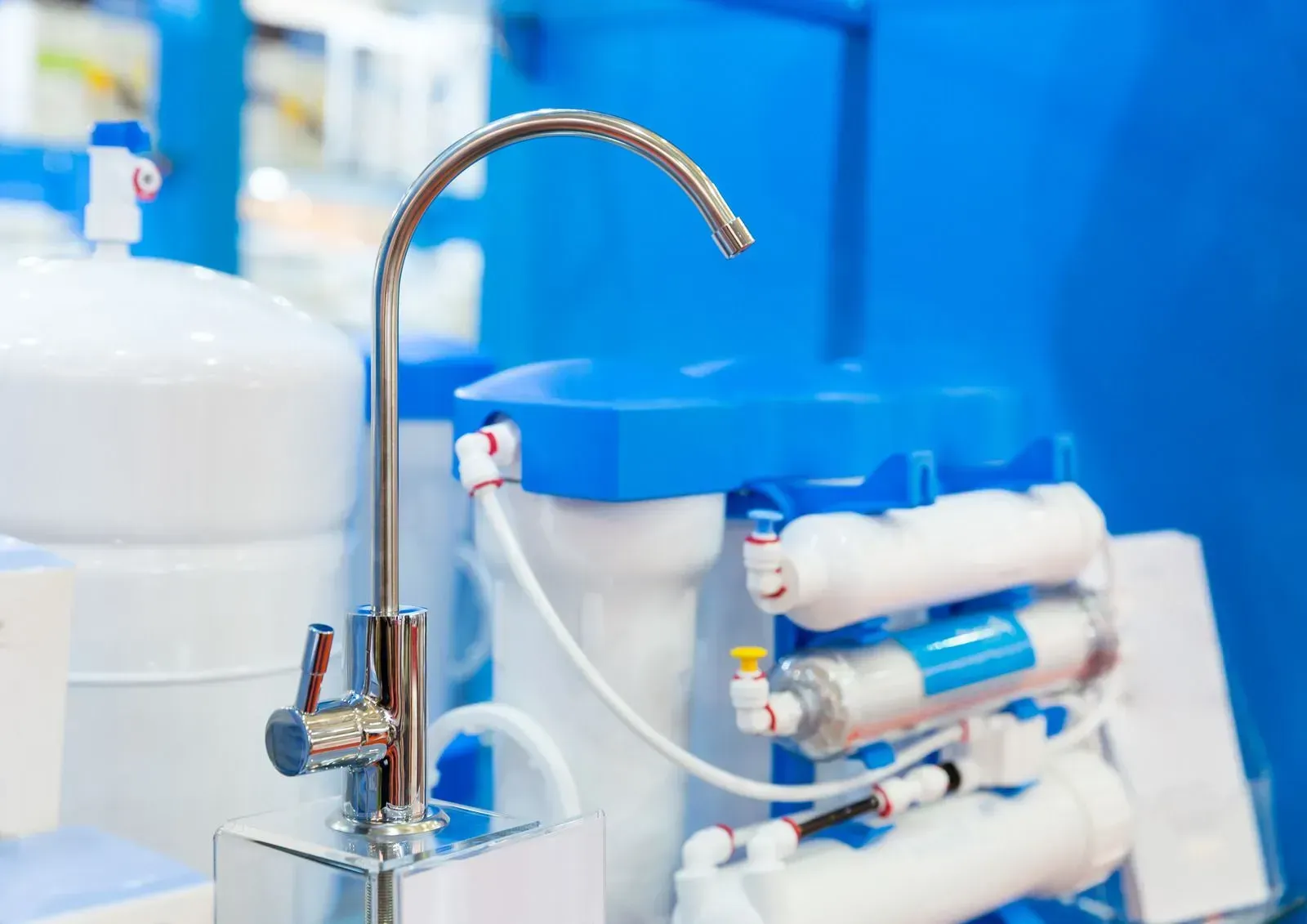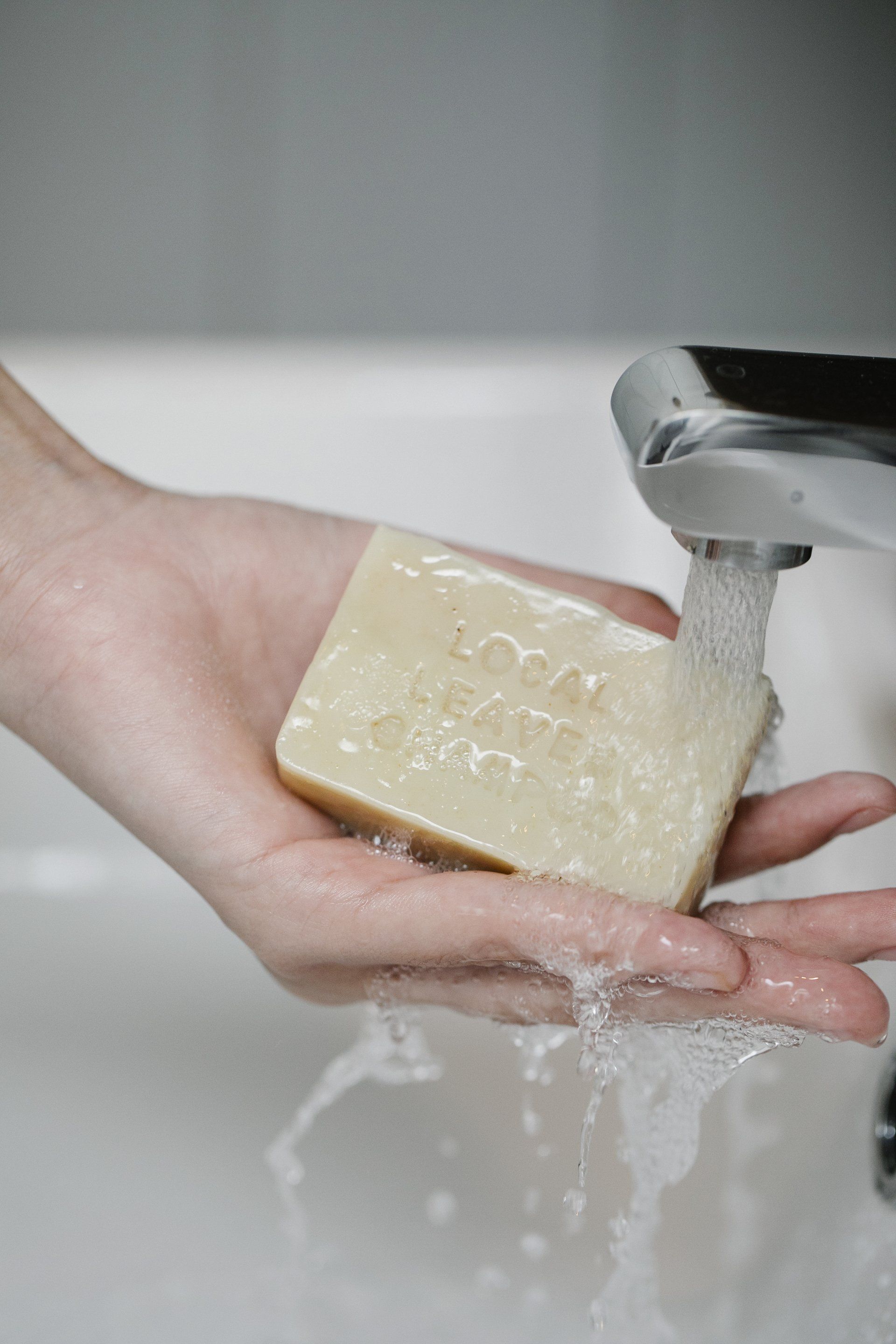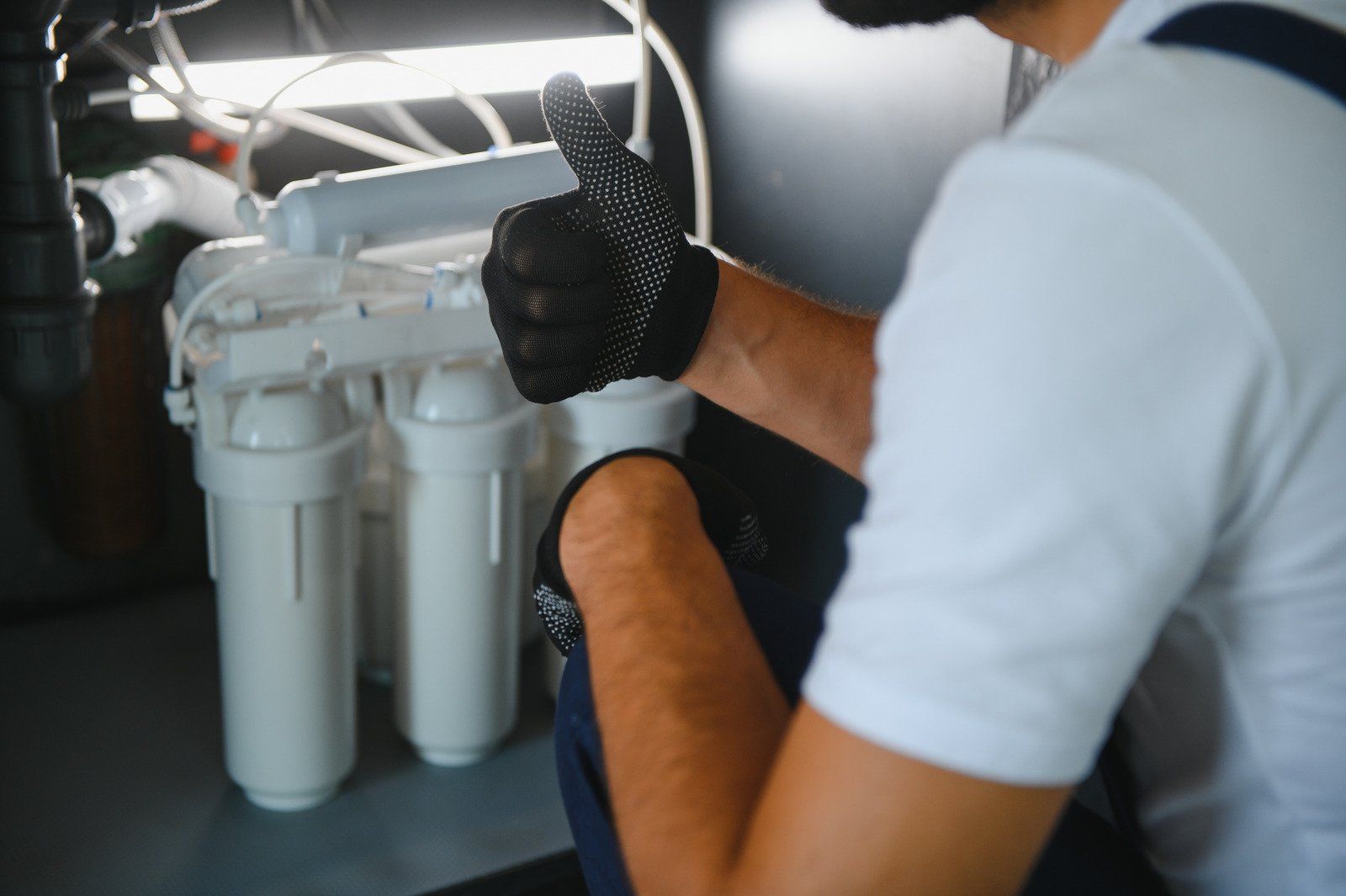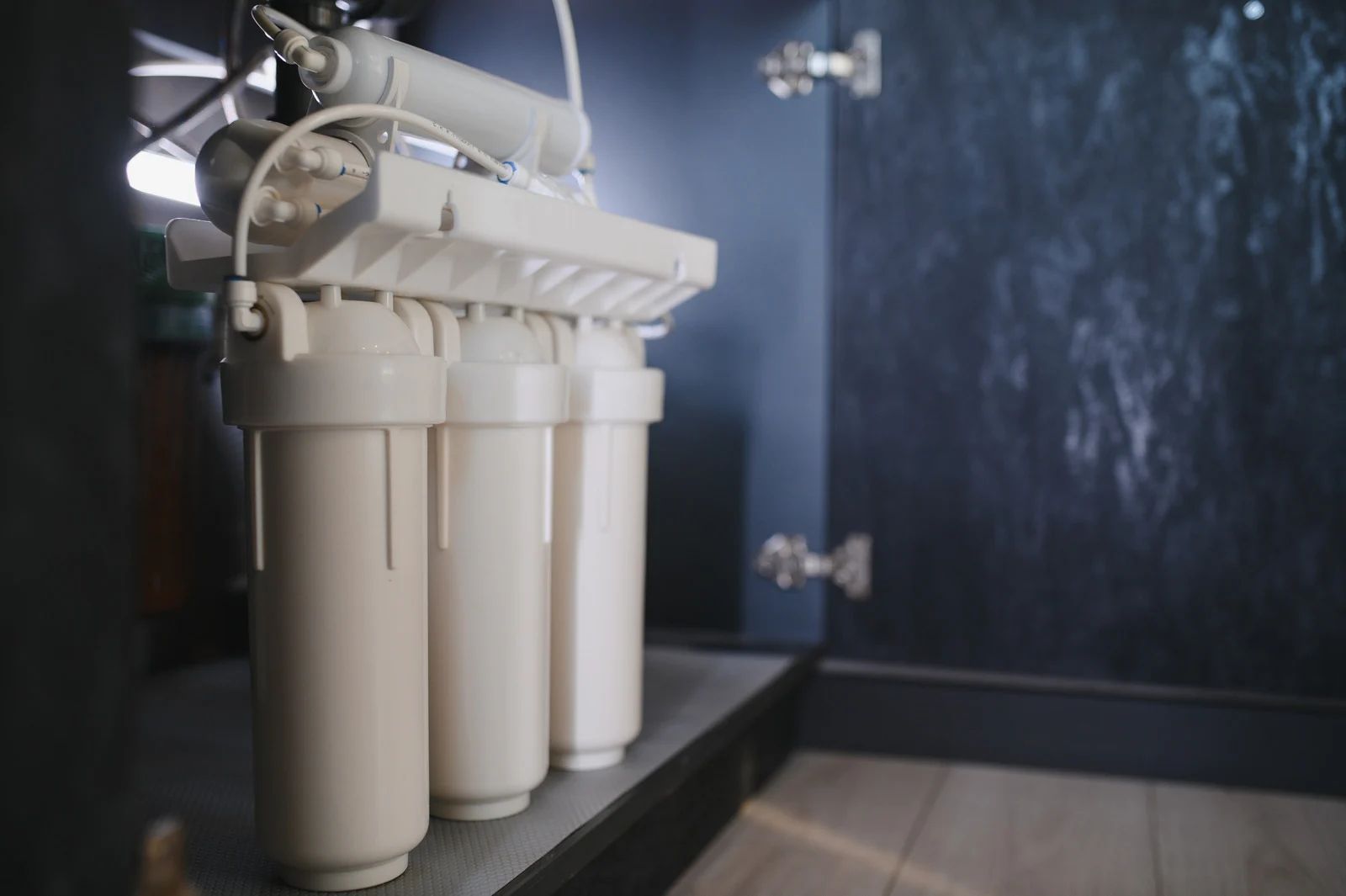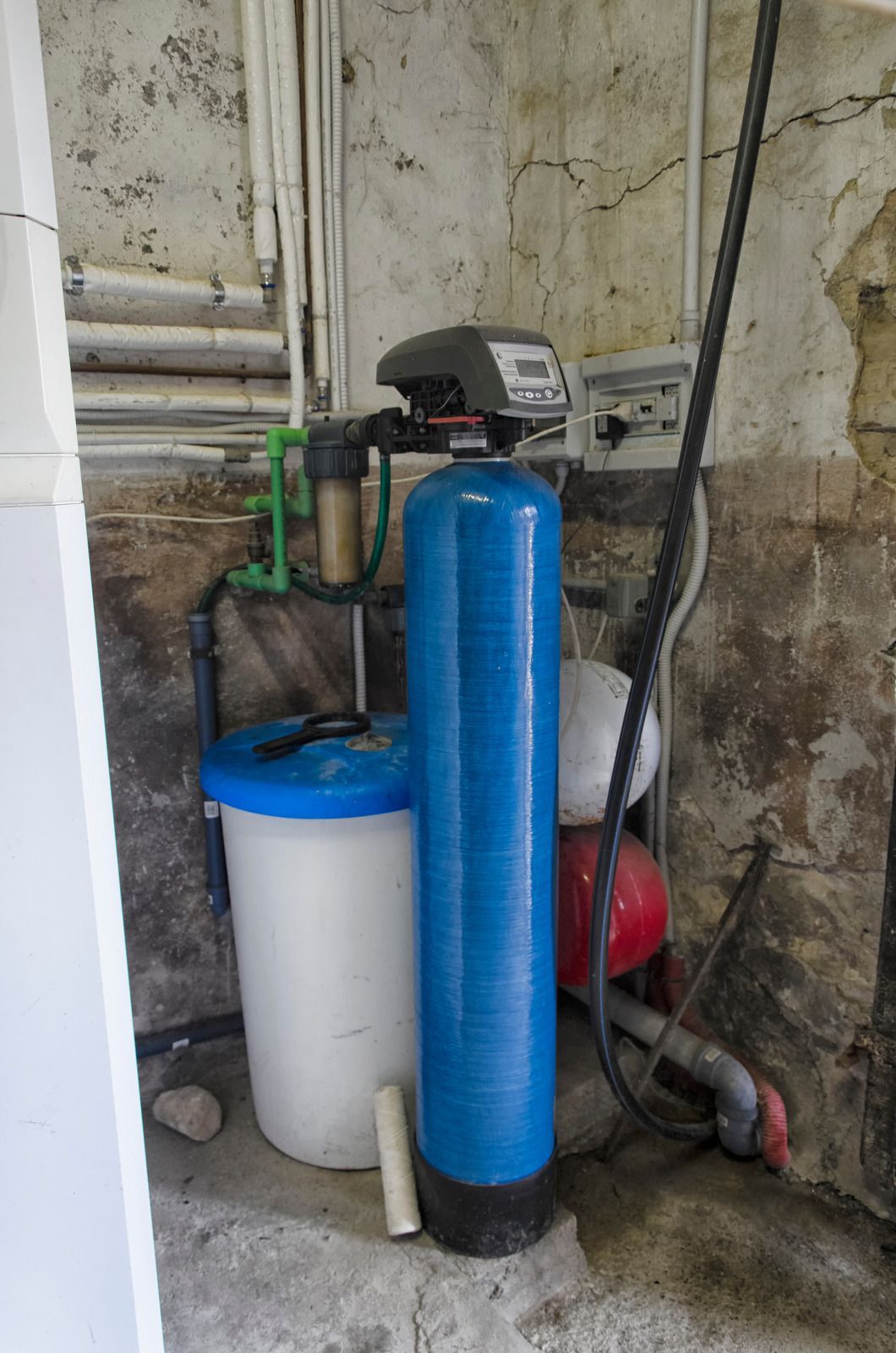Does Your Water Smell Like Rotten Eggs? Causes and Solutions
Have you ever turned on your tap, only to be greeted by a smell reminiscent of rotten eggs? This unpleasant odor in your water is not only off-putting but can also indicate underlying issues that may affect the quality and safety of your water supply. Many homeowners experience this problem but are unsure of its cause or how to resolve it effectively.
Water that smells like rotten eggs is usually caused by hydrogen sulfide gas, which can occur naturally or develop from bacteria in your plumbing system. While it’s generally not harmful in small amounts, the odor can be strong enough to make drinking, cooking, and bathing unpleasant. Identifying the source of the smell is the first step toward restoring fresh, clean water in your home. Understanding the root causes and exploring proper solutions is essential for maintaining a healthy and odor-free water supply.
Common Causes of Rotten Egg Smelling Water
The primary culprit behind the rotten egg smell in water is hydrogen sulfide gas. This gas occurs naturally and can be present in both well water and municipal water systems, though it is more common in private wells. Hydrogen sulfide is produced by certain bacteria that thrive in low-oxygen conditions and react with sulfur-containing compounds in water.
Another common cause is the reaction between water and plumbing materials. Water heaters, especially those with a magnesium anode rod, can sometimes react with sulfur bacteria to create a noticeable odor. Similarly, corroded pipes or sediment buildup can encourage bacterial growth, worsening the smell over time.
Solutions for Eliminating the Odor
Addressing water that smells like rotten eggs requires identifying the source of the problem. For well water, testing is crucial. Homeowners should check for the presence of hydrogen sulfide, iron, manganese, and bacteria. Once identified, solutions may include shock chlorination, installing activated carbon filters, or using oxidizing filters to remove sulfur compounds.
For municipal water systems, flushing the water heater and pipes can sometimes resolve the issue. Replacing the anode rod in your water heater with one made from aluminum or zinc may also reduce sulfur reactions. Additionally, regular maintenance of plumbing systems, including cleaning and disinfecting storage tanks, can prevent the growth of odor-causing bacteria.
Preventative Measures for Fresh Water
To maintain clean and odor-free water, homeowners should consider installing a water filtration system tailored to their water chemistry. Regular inspections of water heaters and plumbing components help detect problems early. Ensuring proper ventilation in water storage areas and periodically testing water quality are also effective measures. By staying proactive, you can enjoy fresh, clean water while avoiding unpleasant odors that disrupt daily life.
Trust LLove My Home Services
for Quality Solutions
If your water smells like rotten eggs, professional guidance can make all the difference. Love My Home Services, with 26 years of experience in DeBary, FL, specializes in diagnosing and resolving water quality issues efficiently. Our team provides thorough testing, expert recommendations, and reliable installation of filtration and treatment solutions to ensure your water is safe and odor-free. With our trusted services, you can enjoy fresh, clean water throughout your home and peace of mind knowing your plumbing system is in expert hands.

